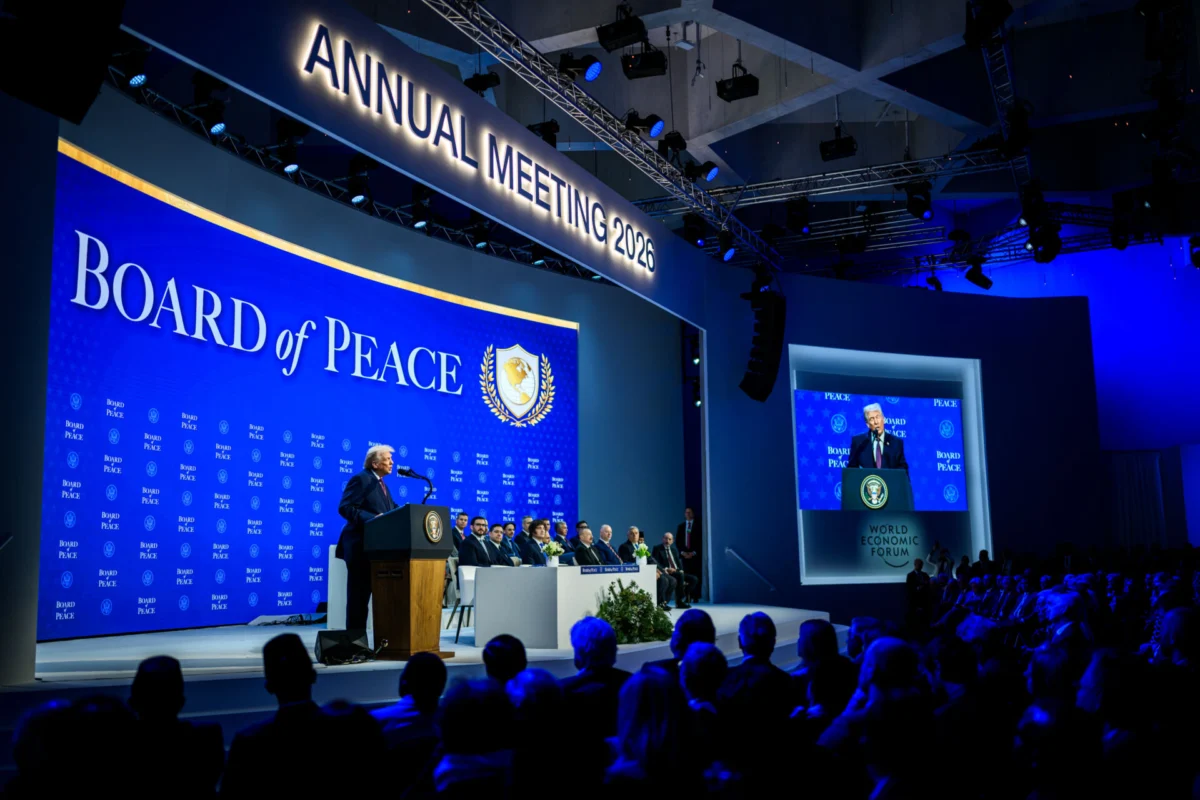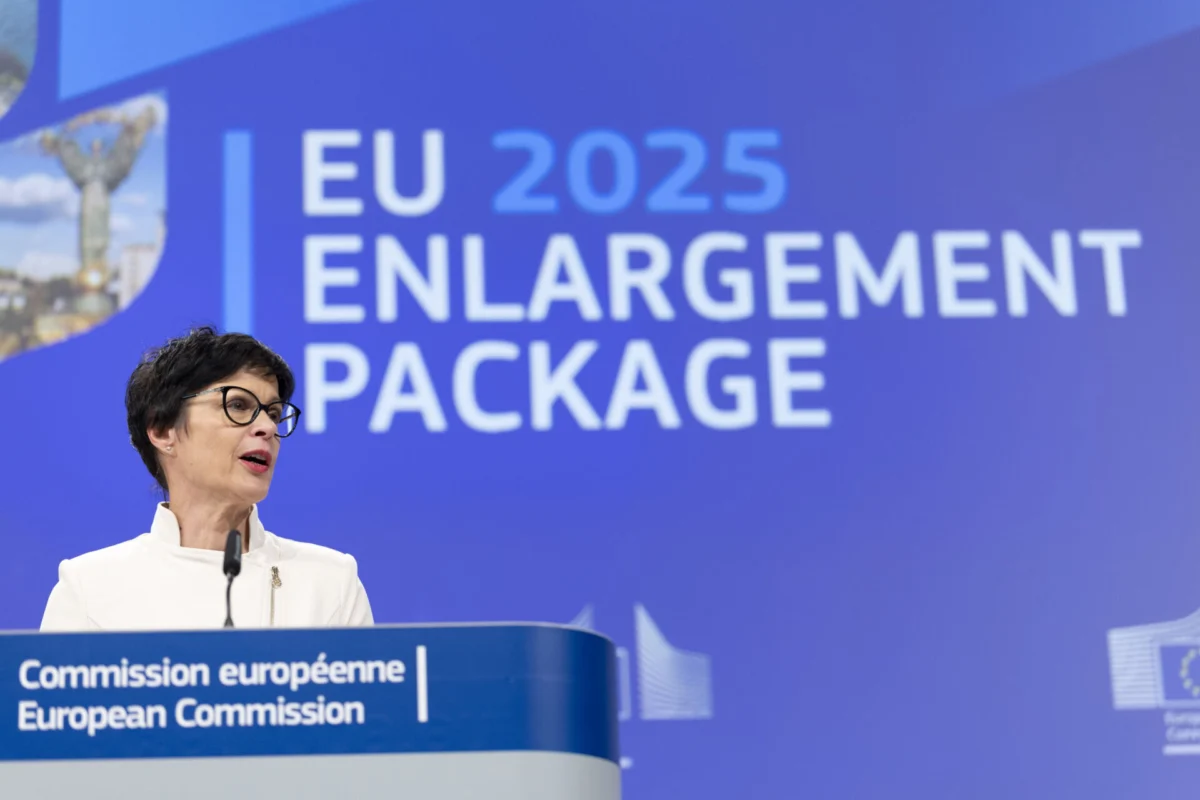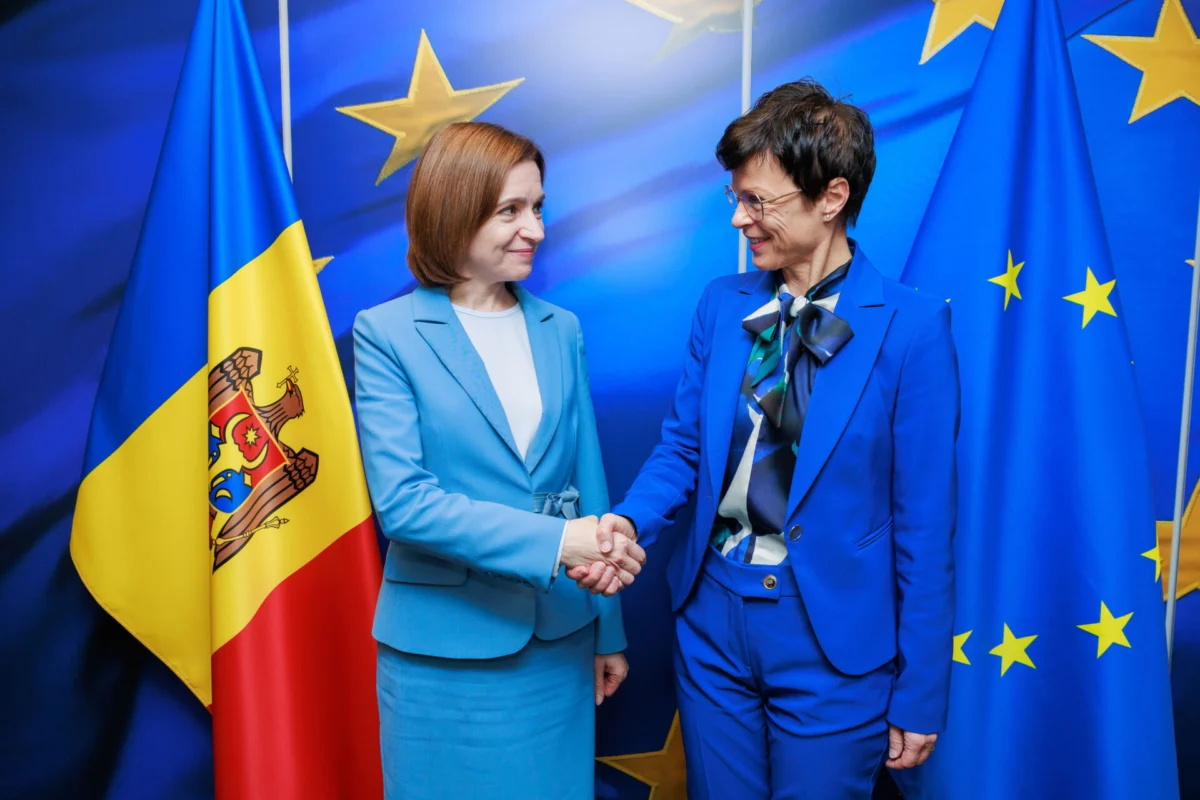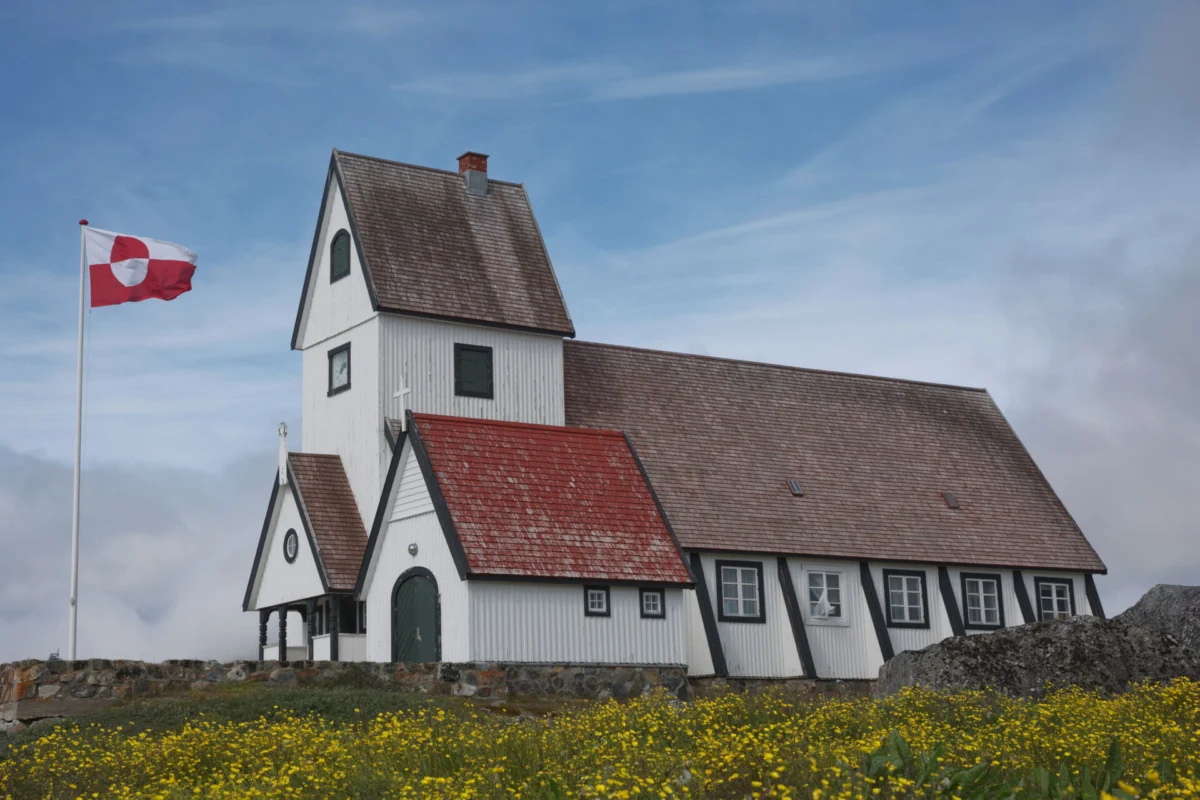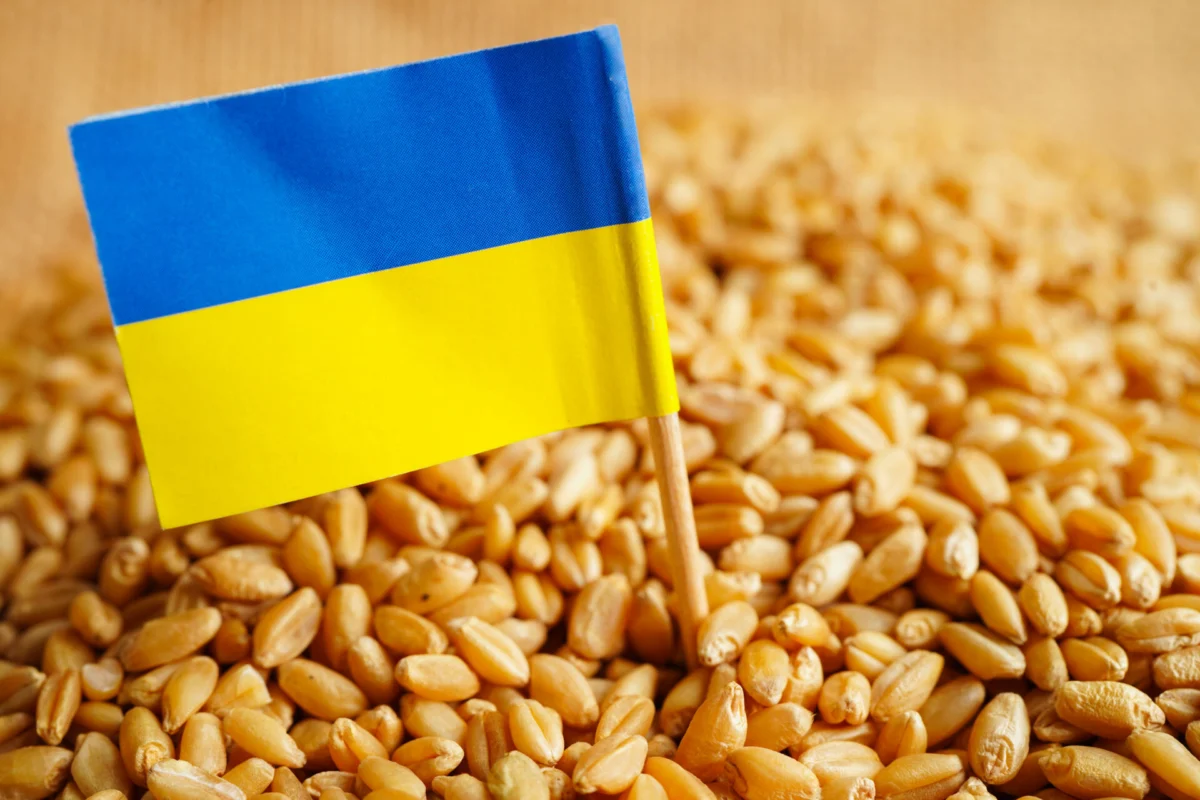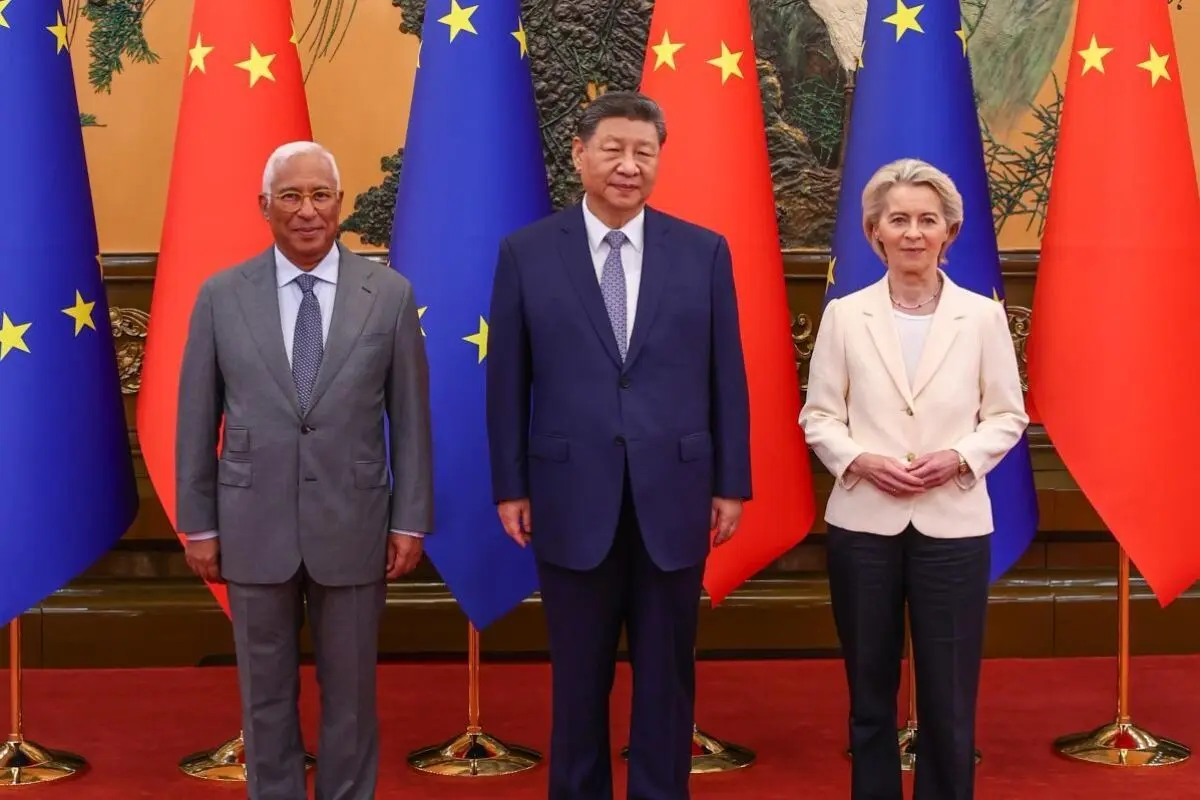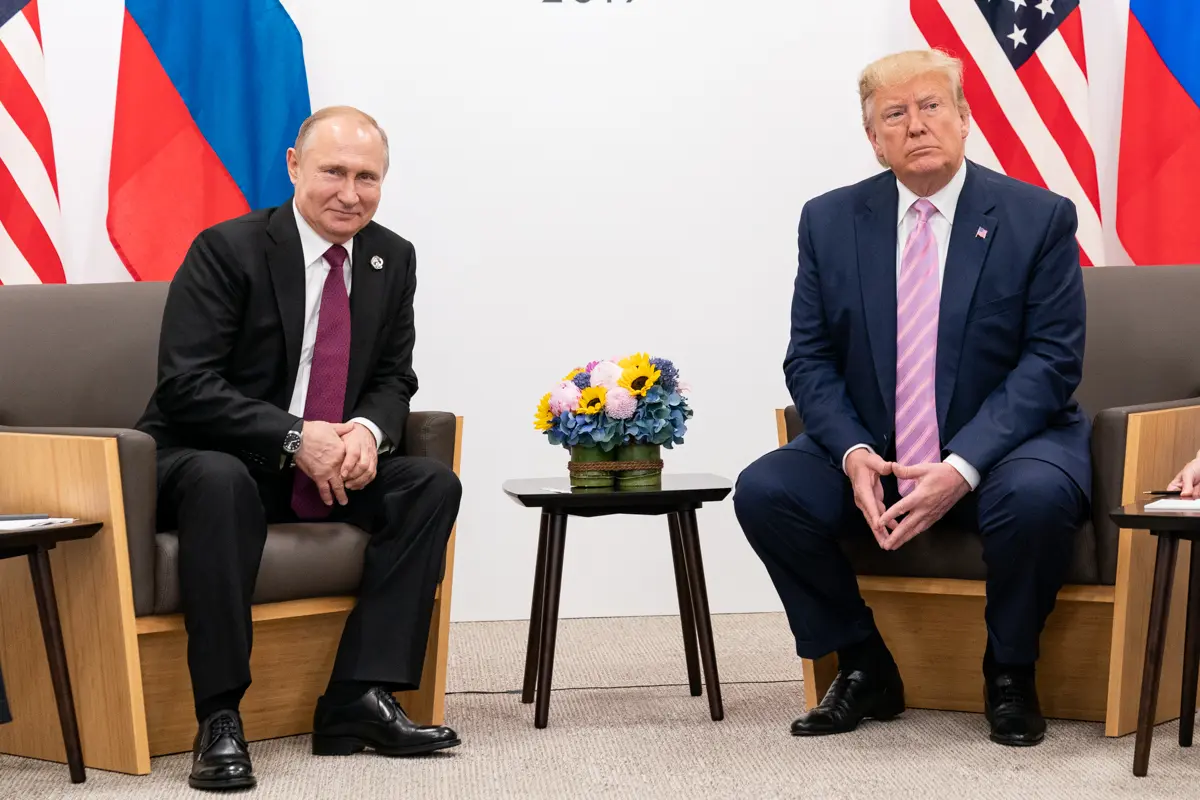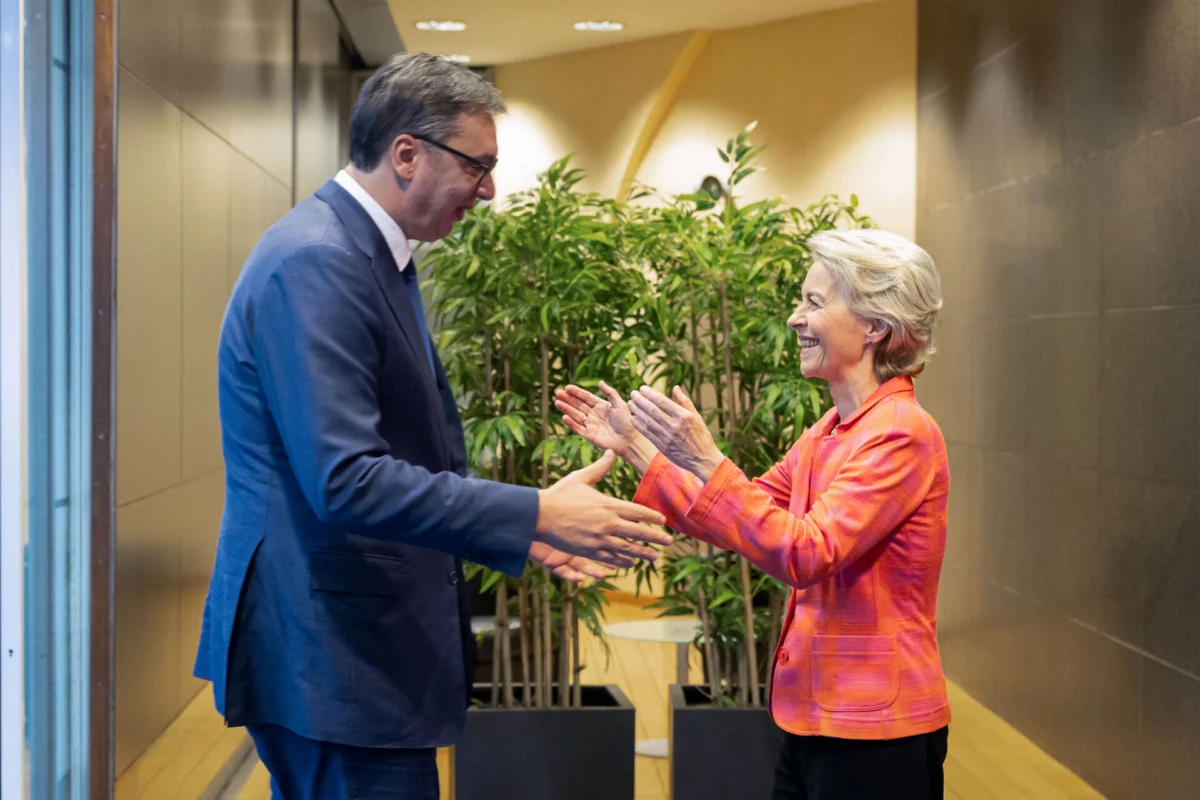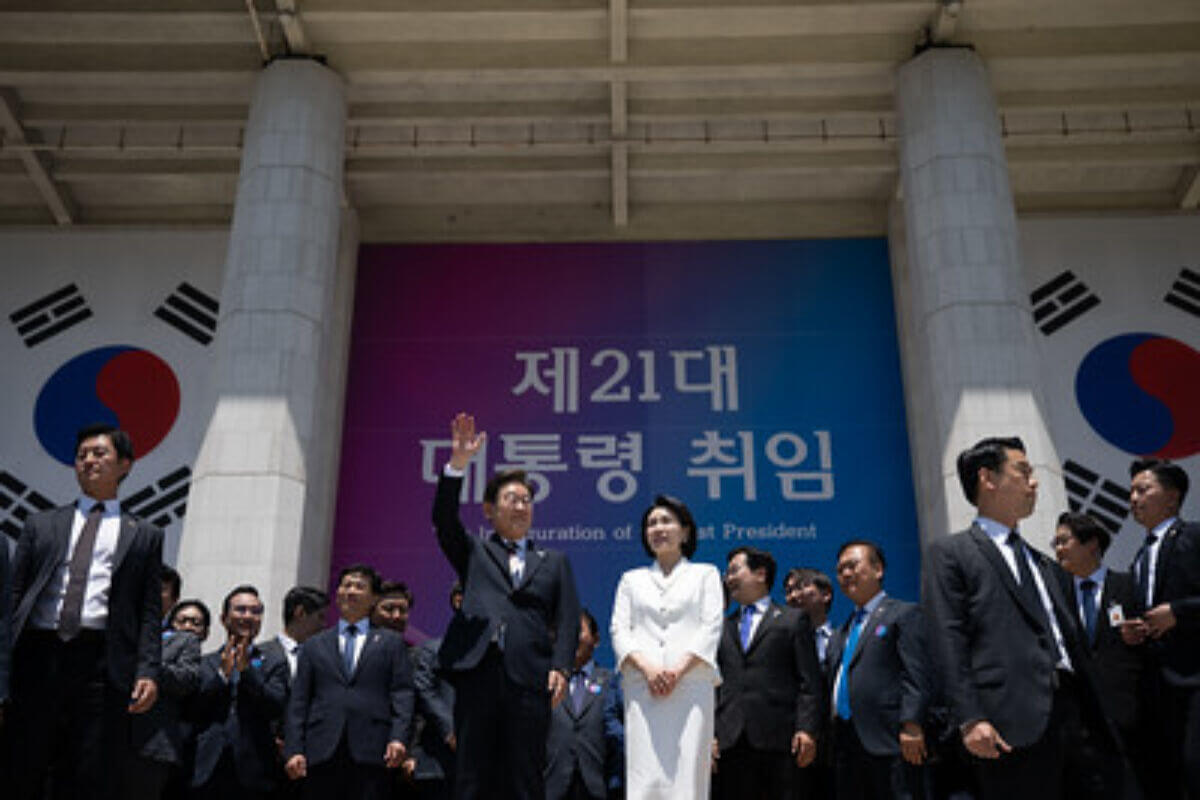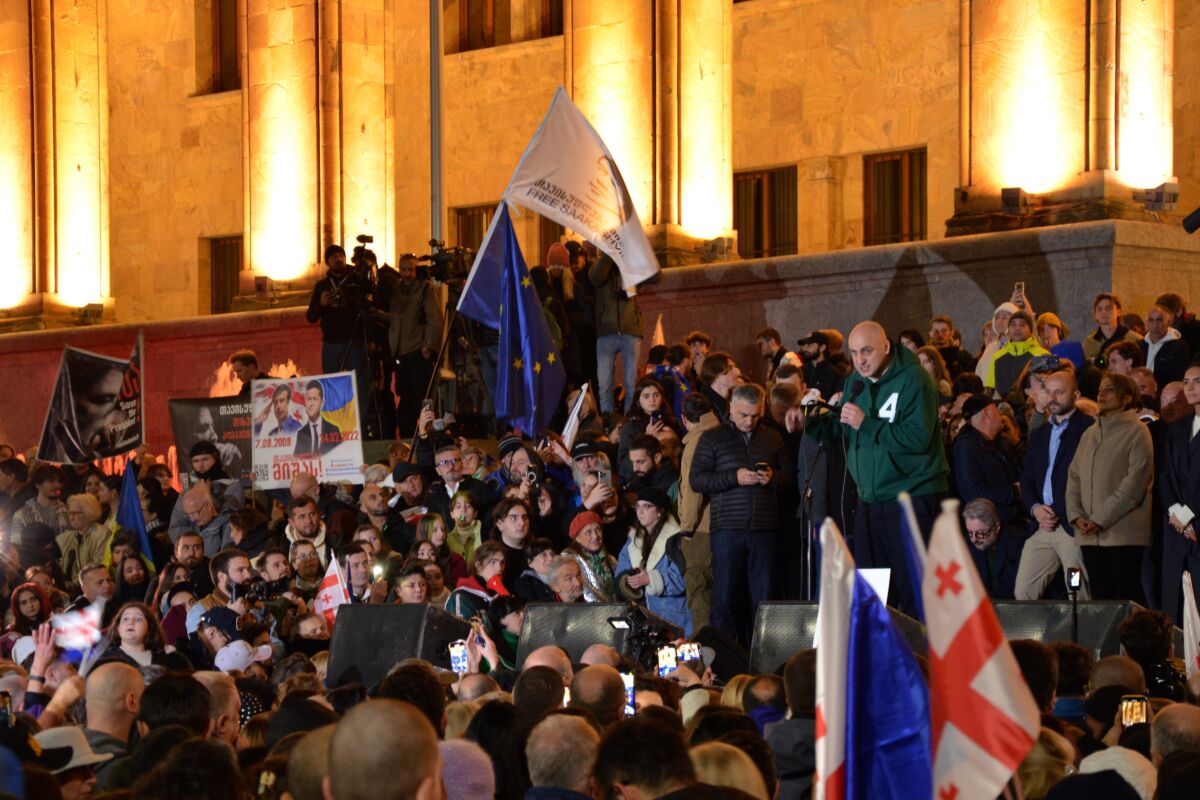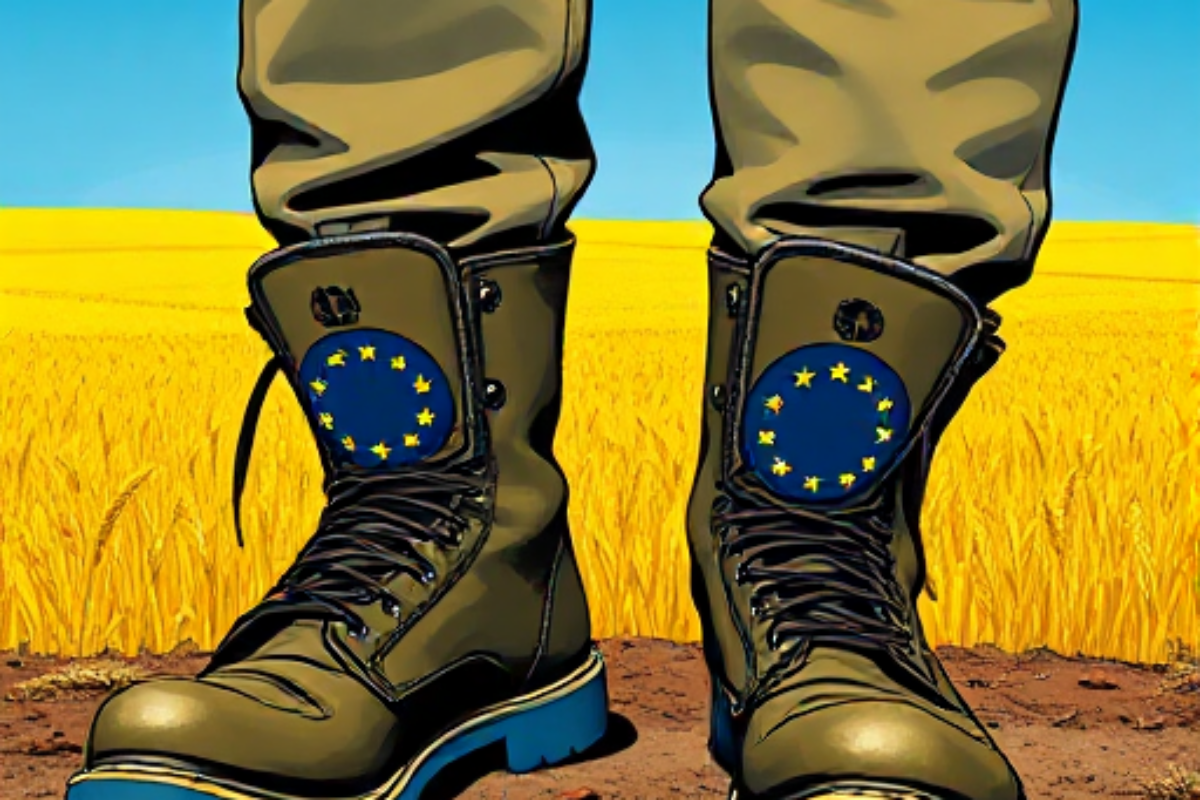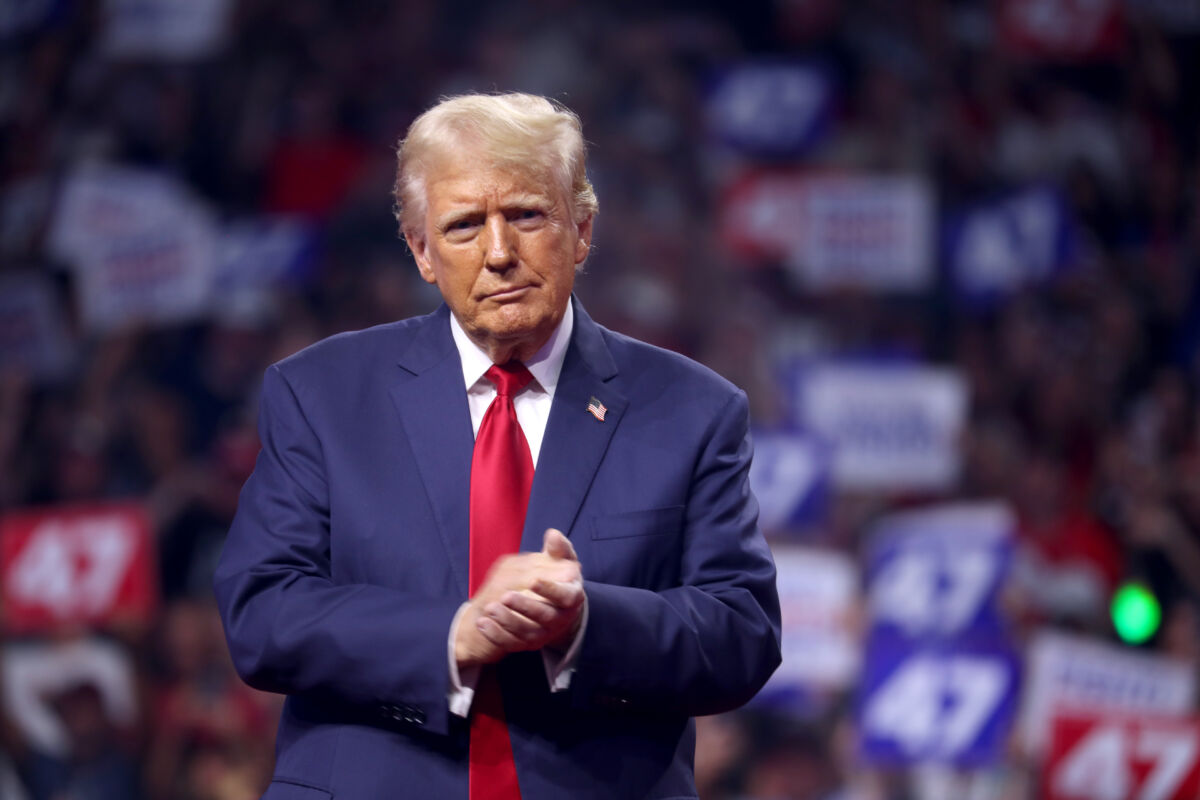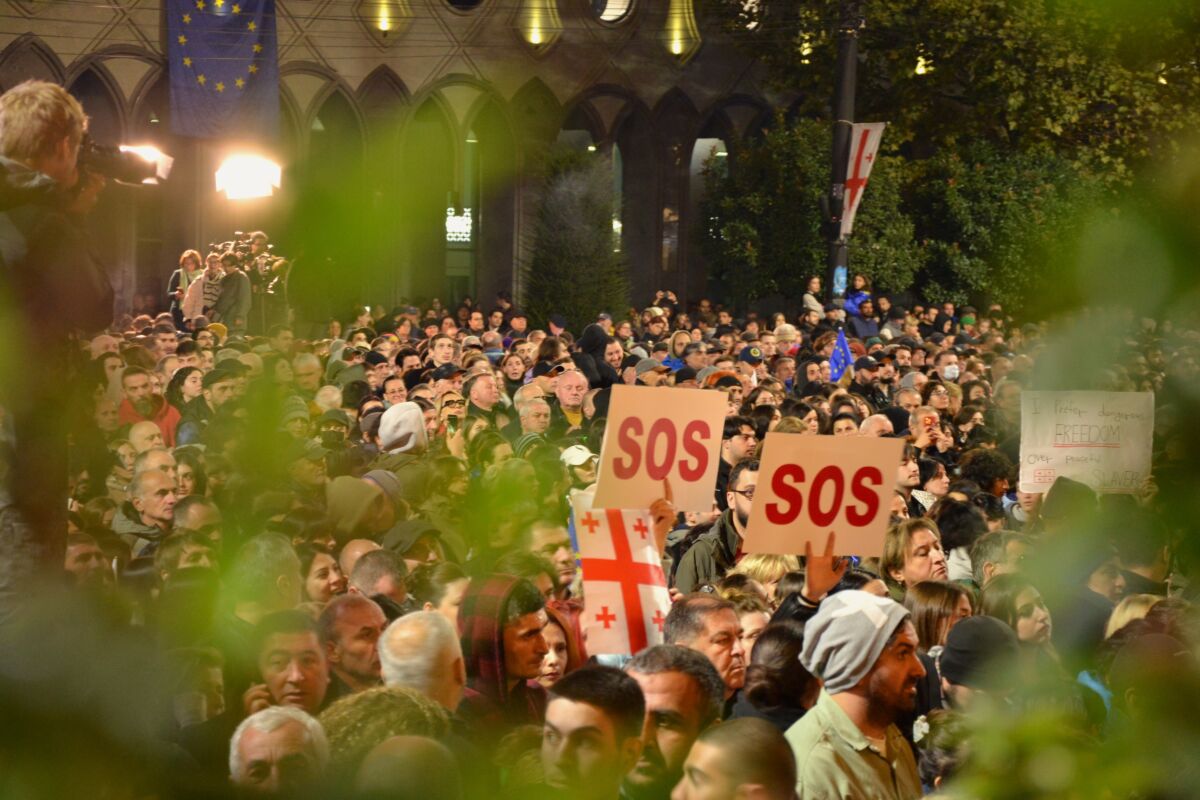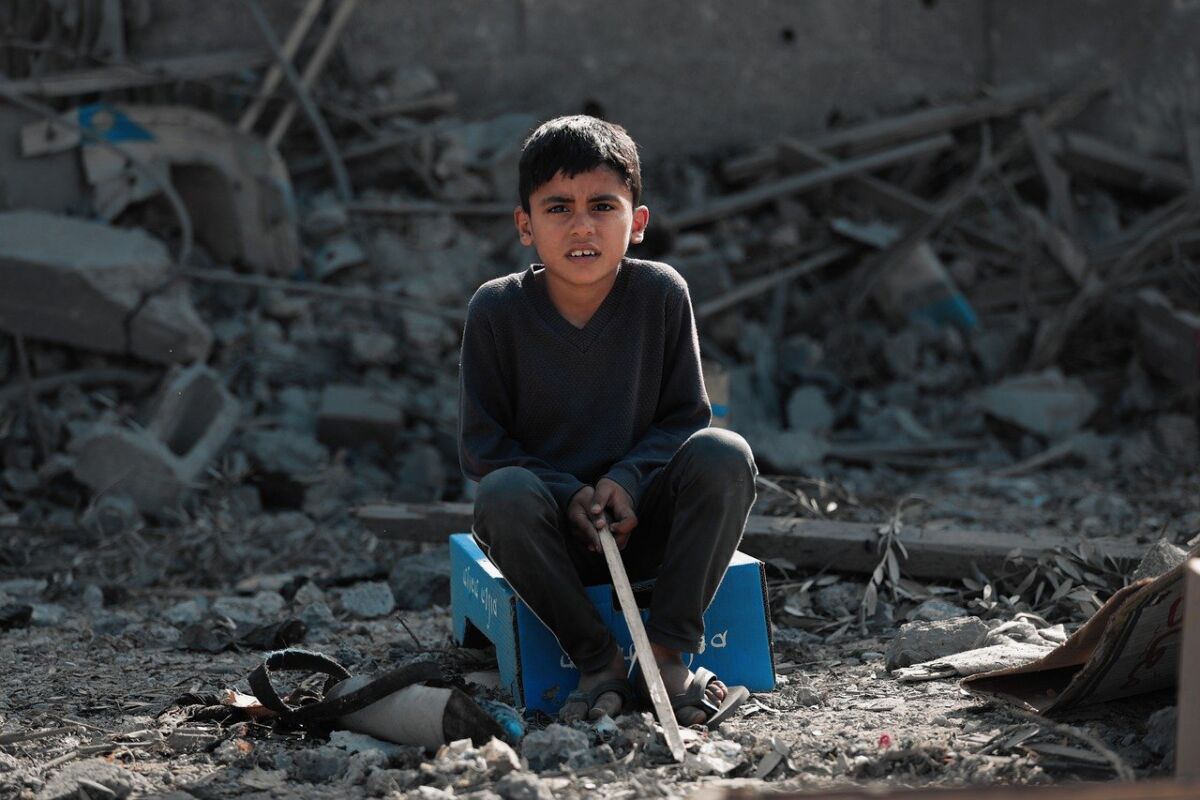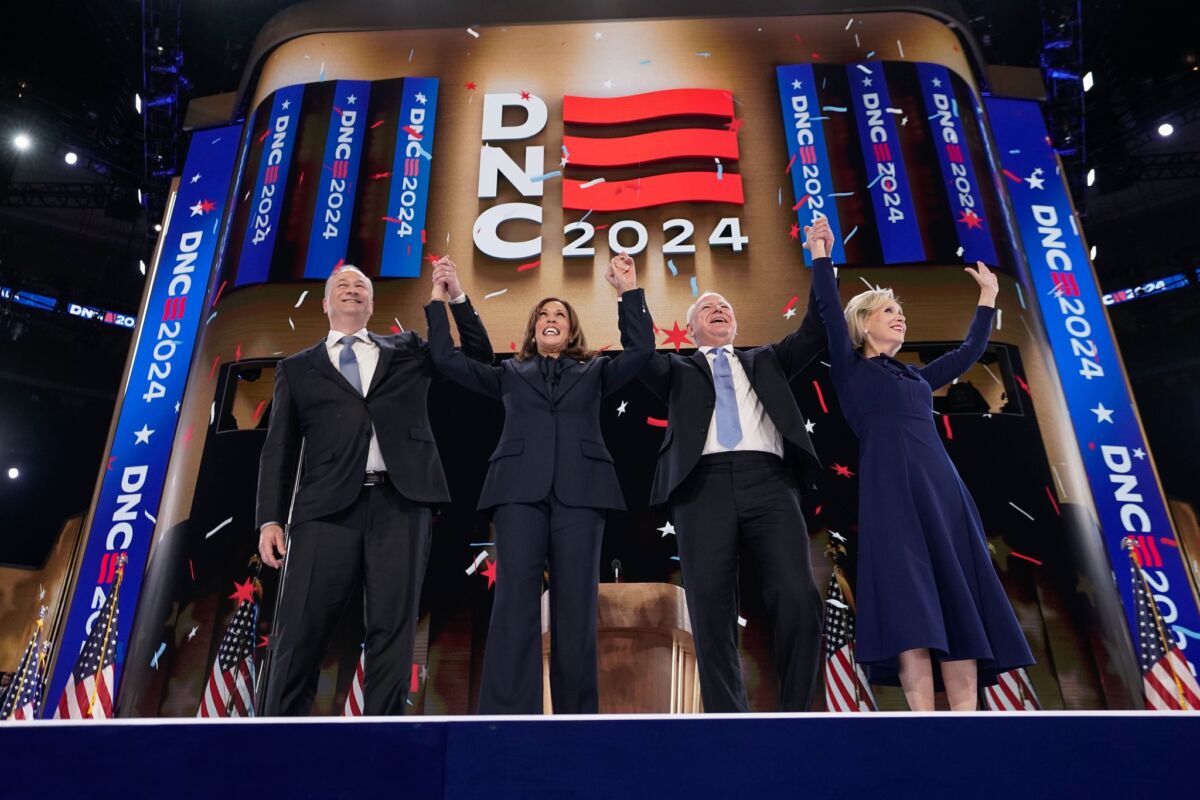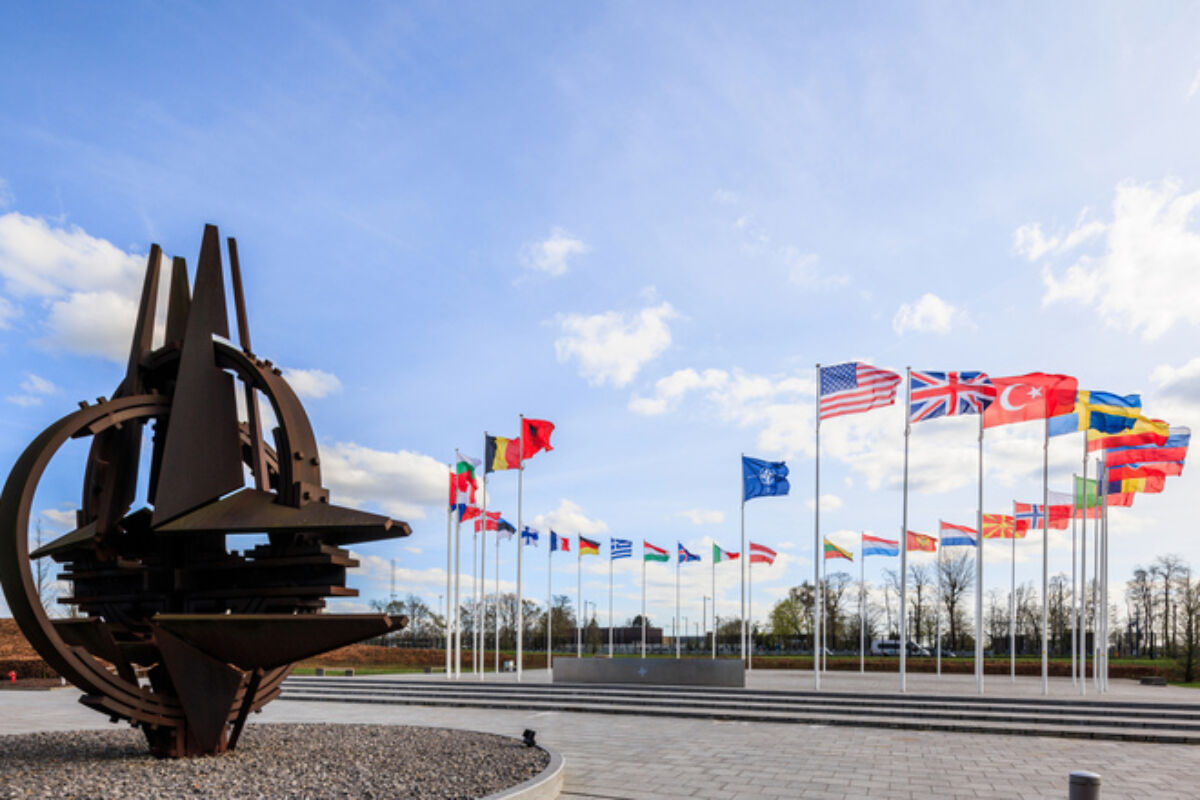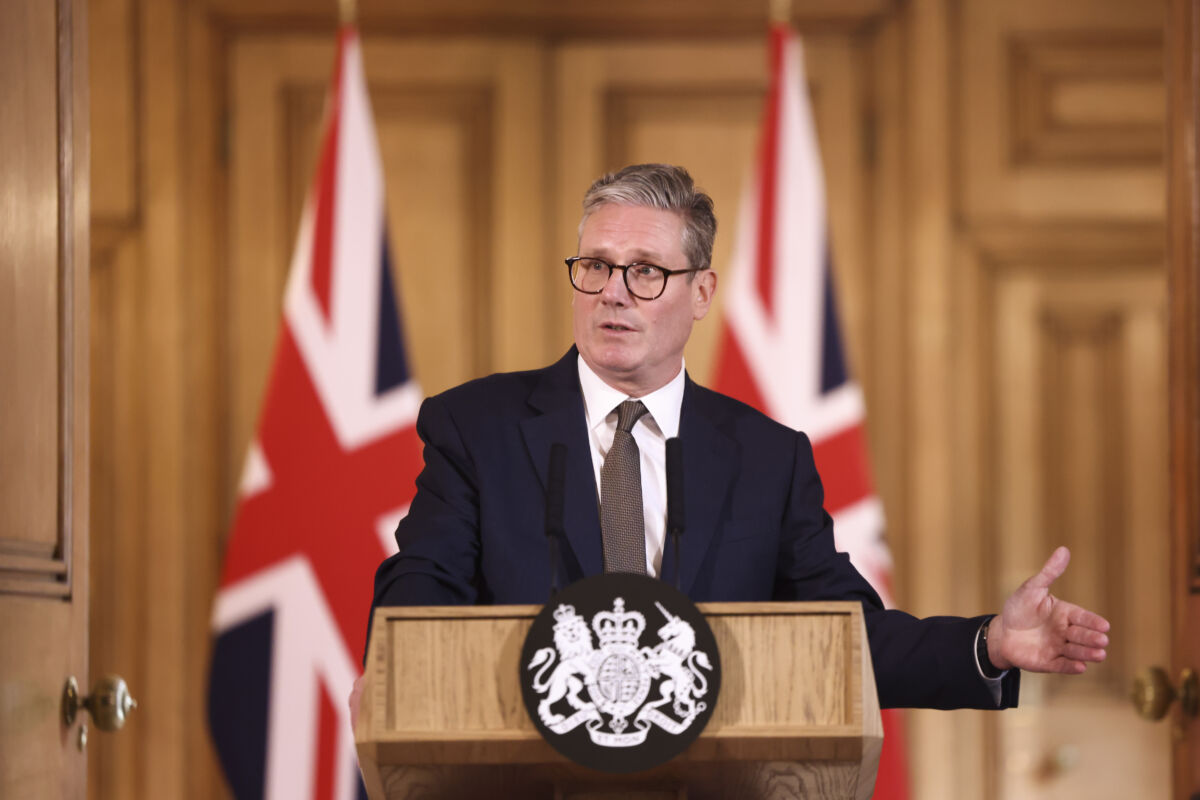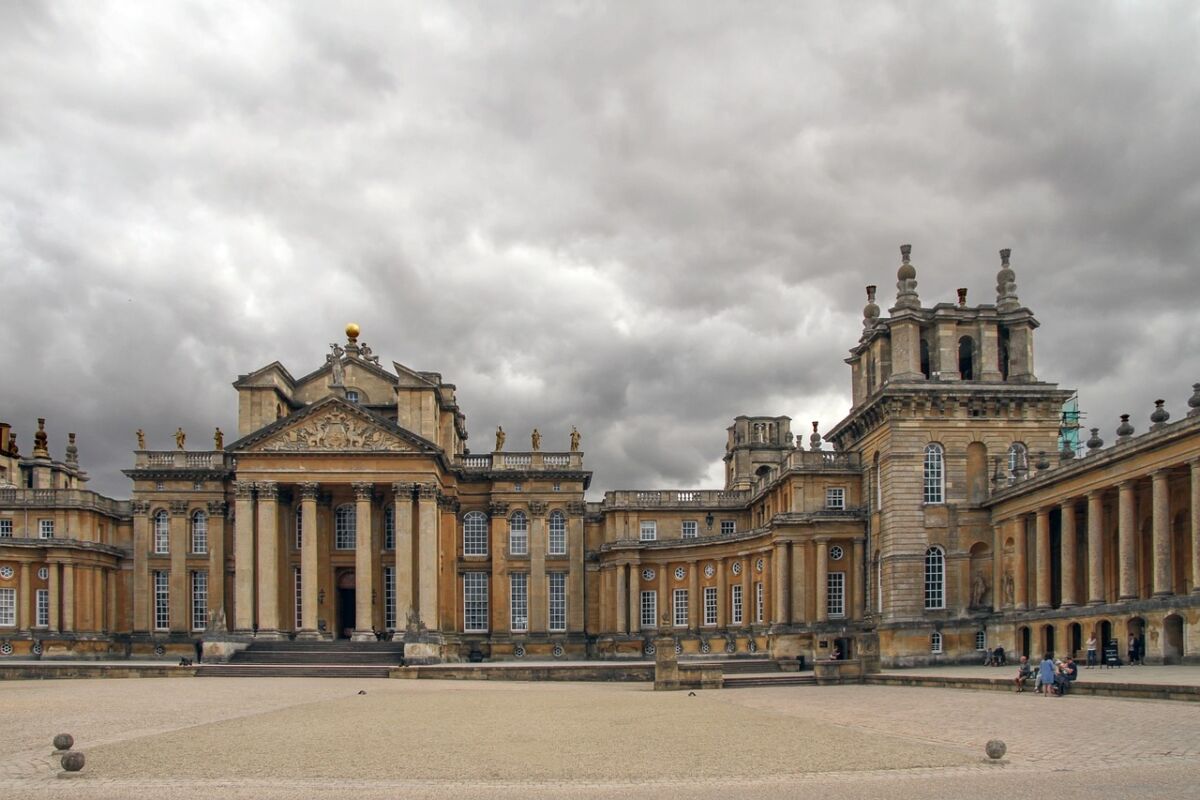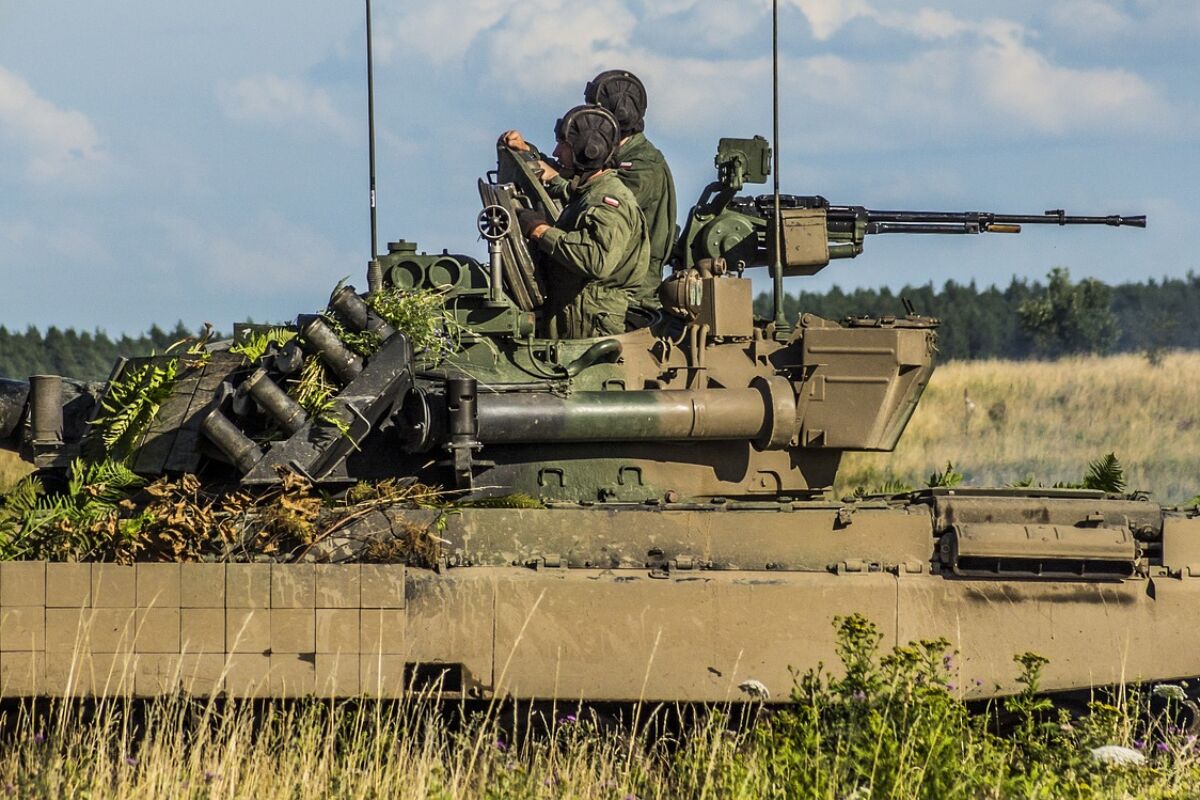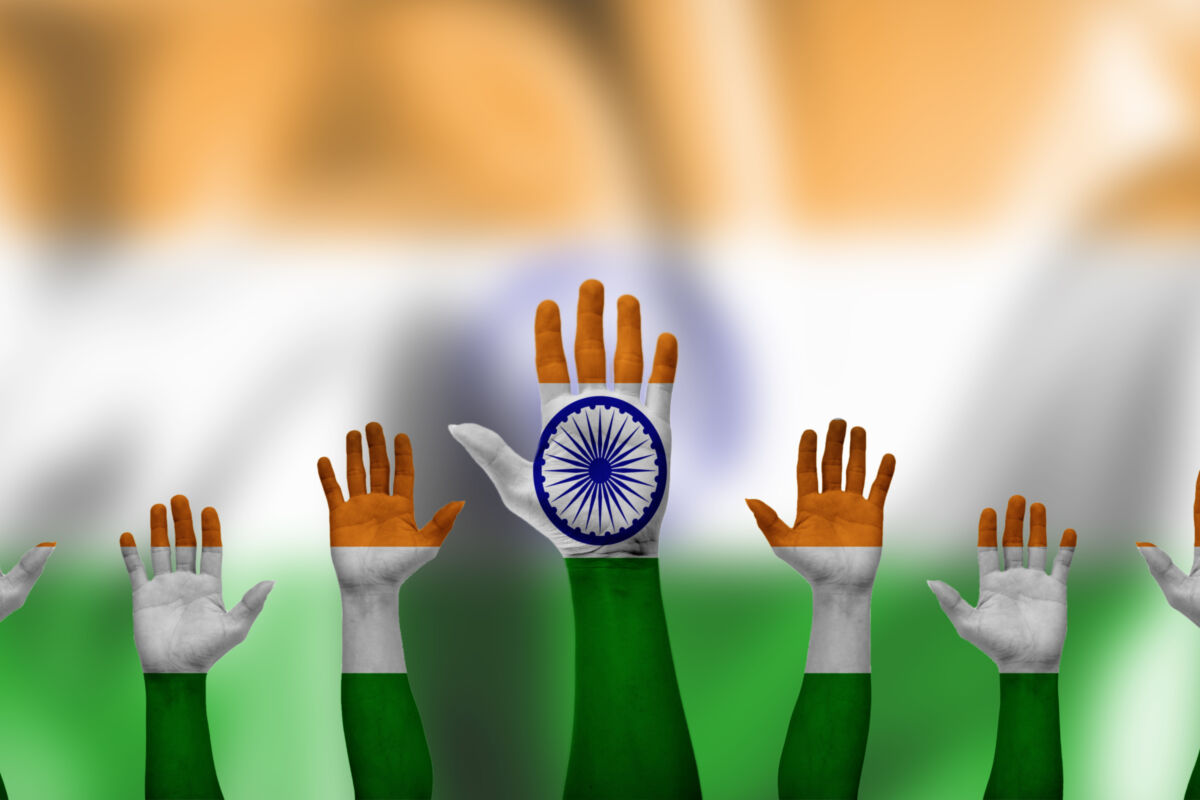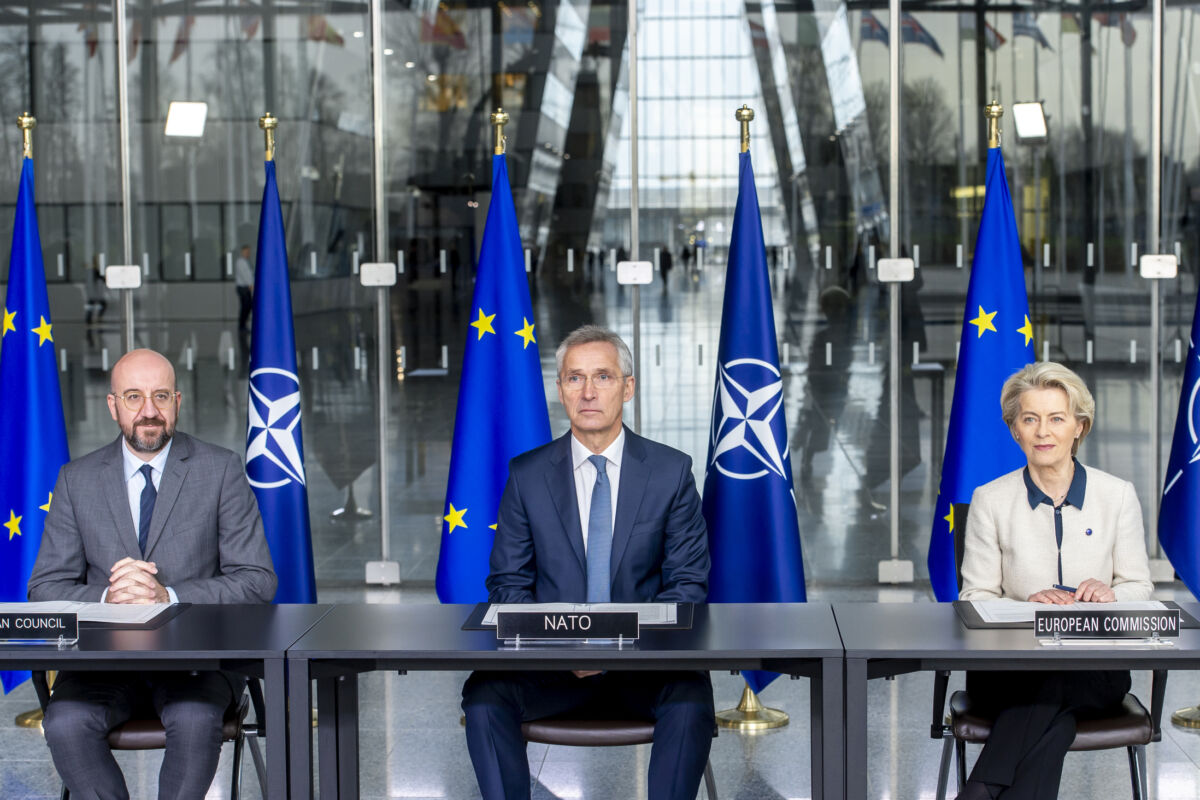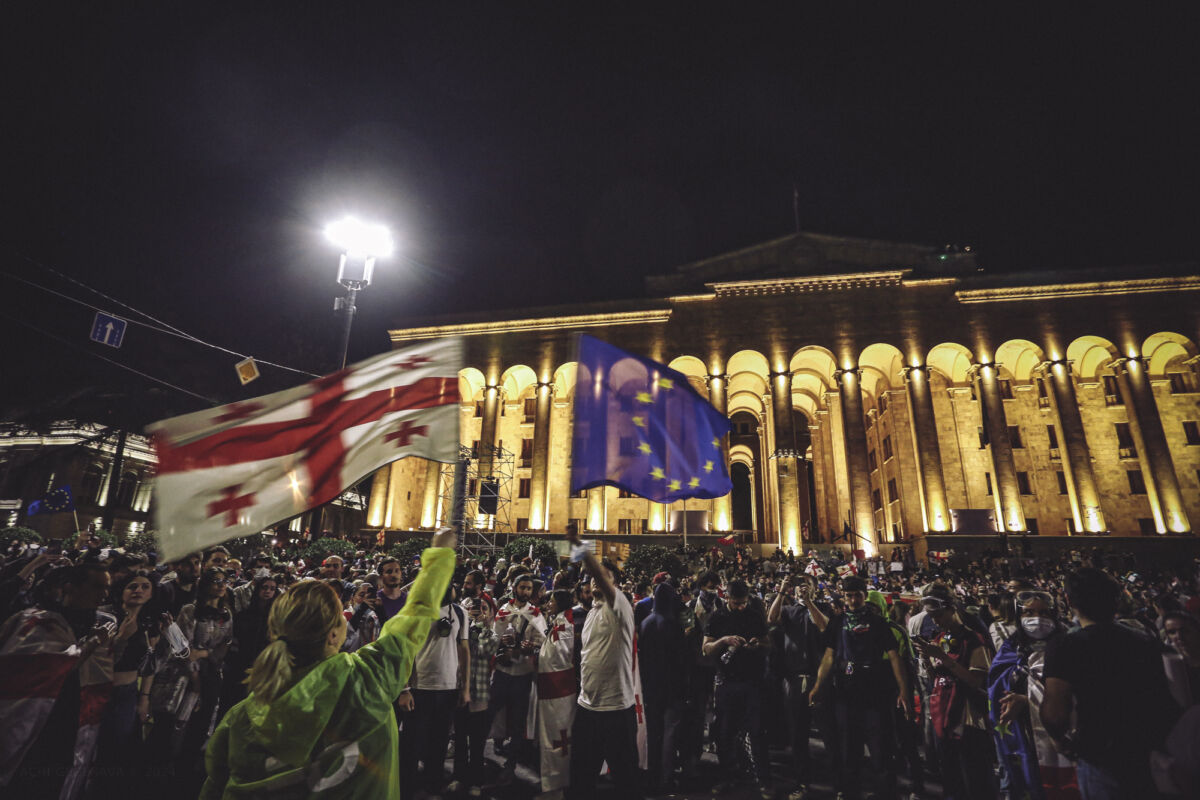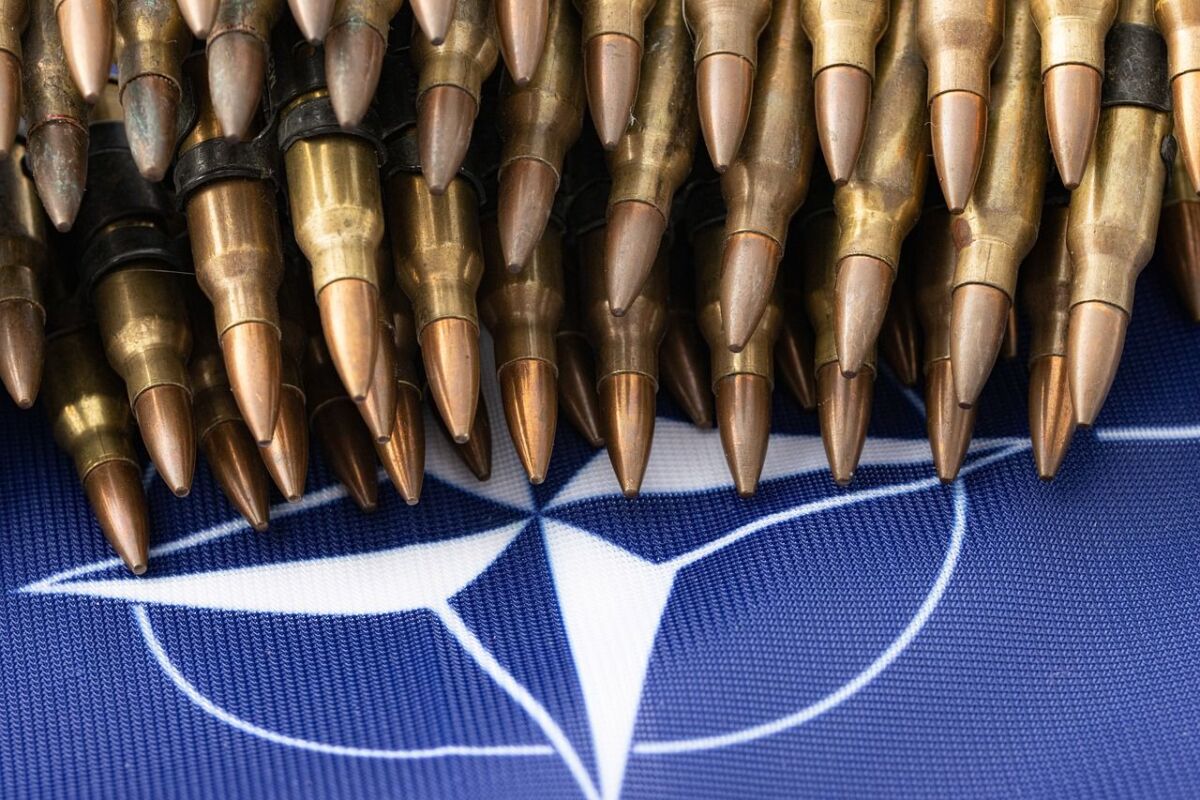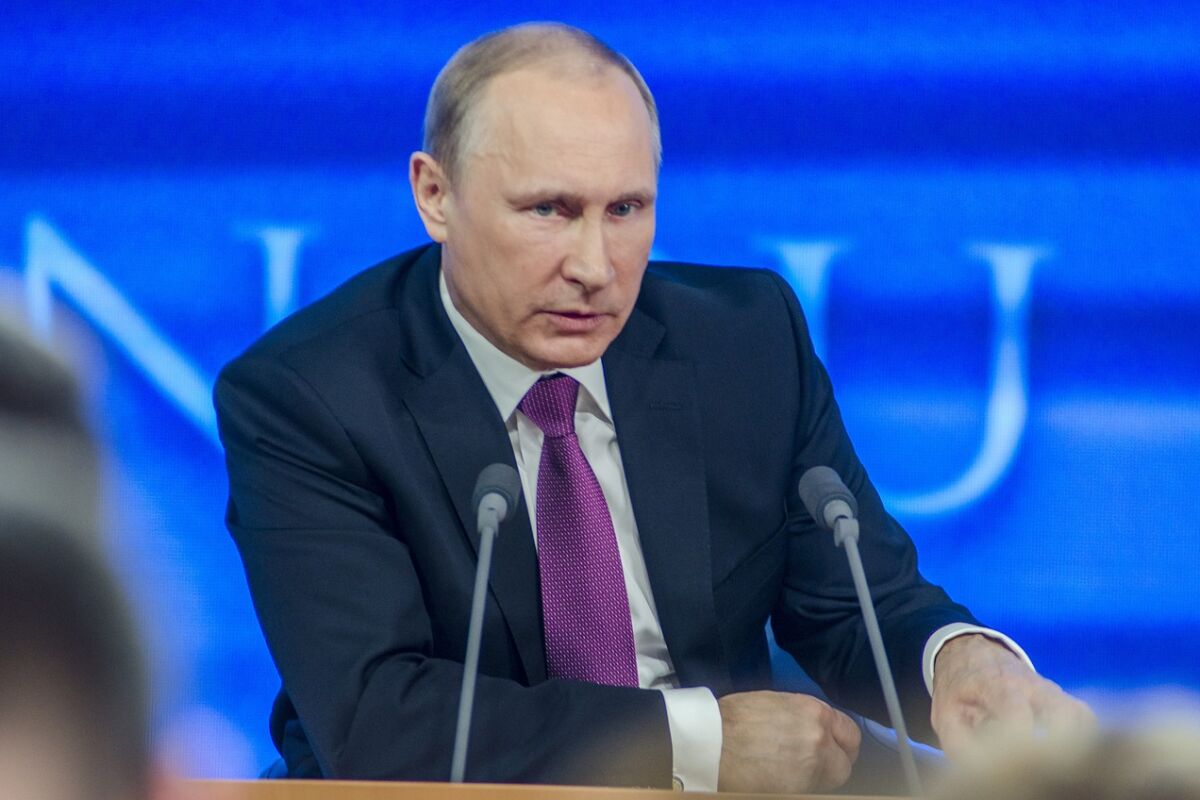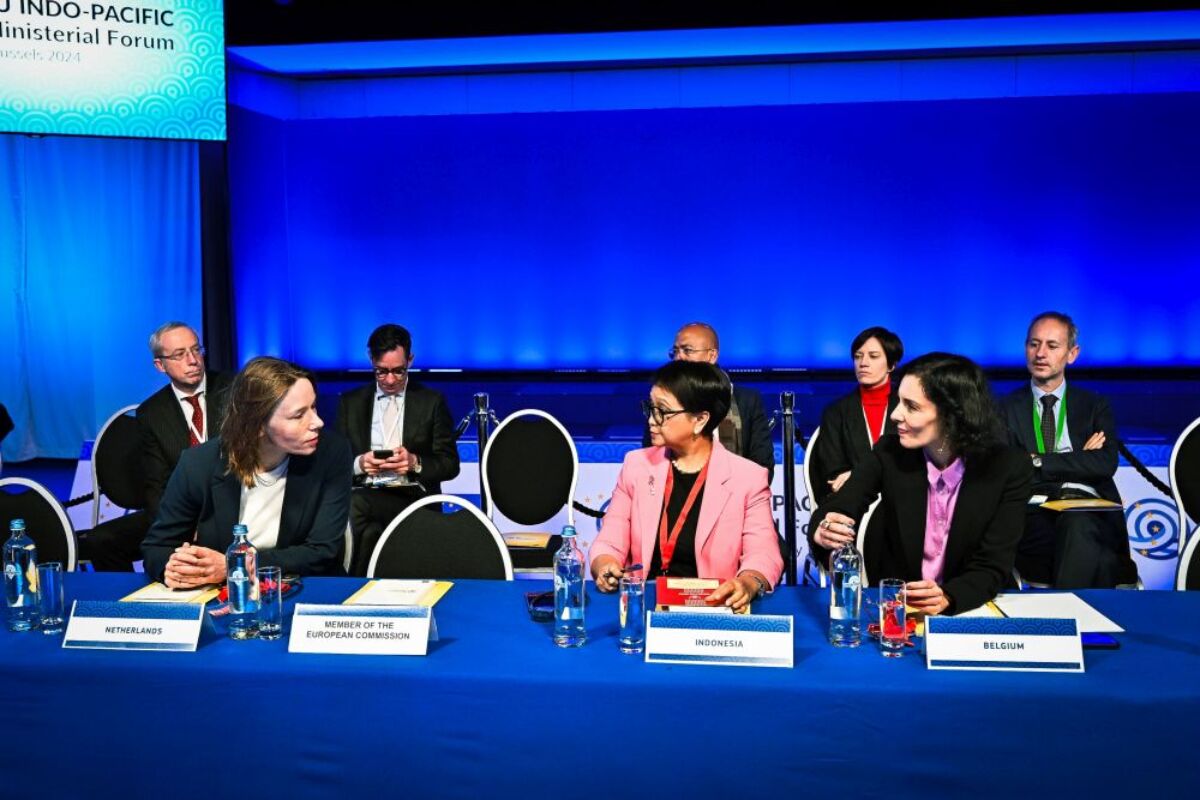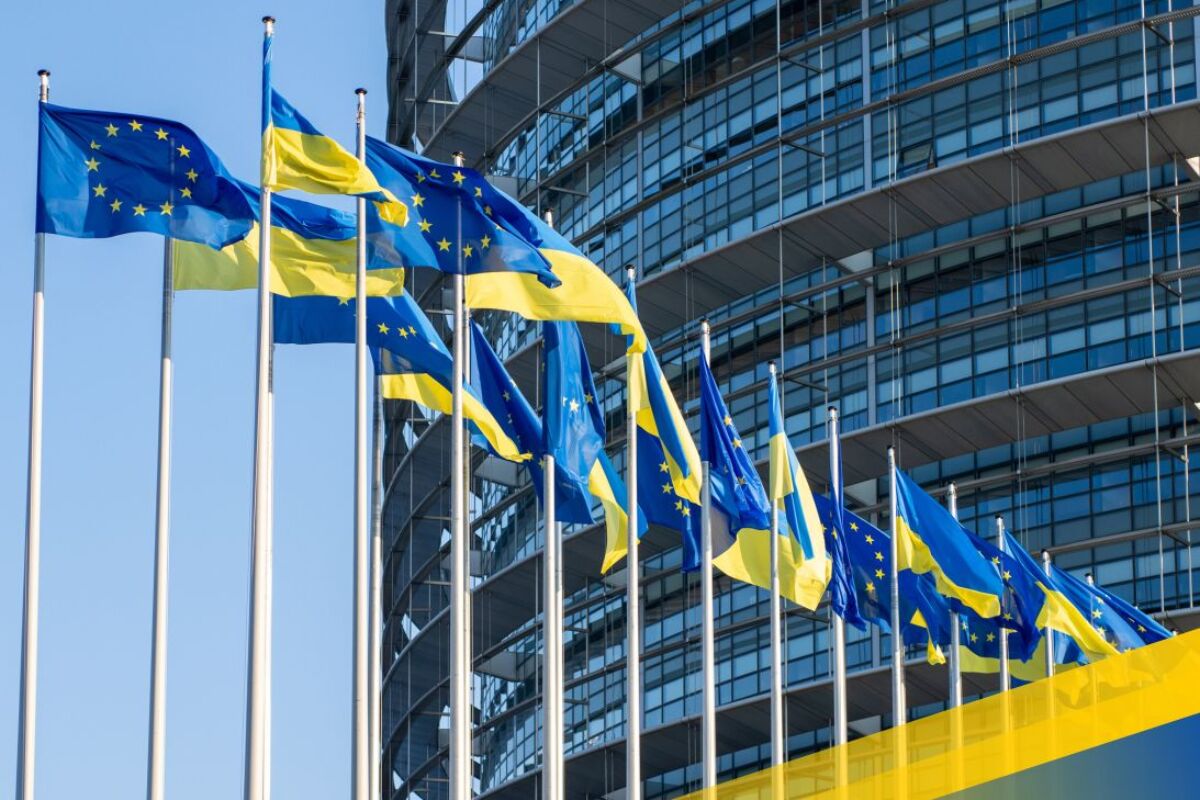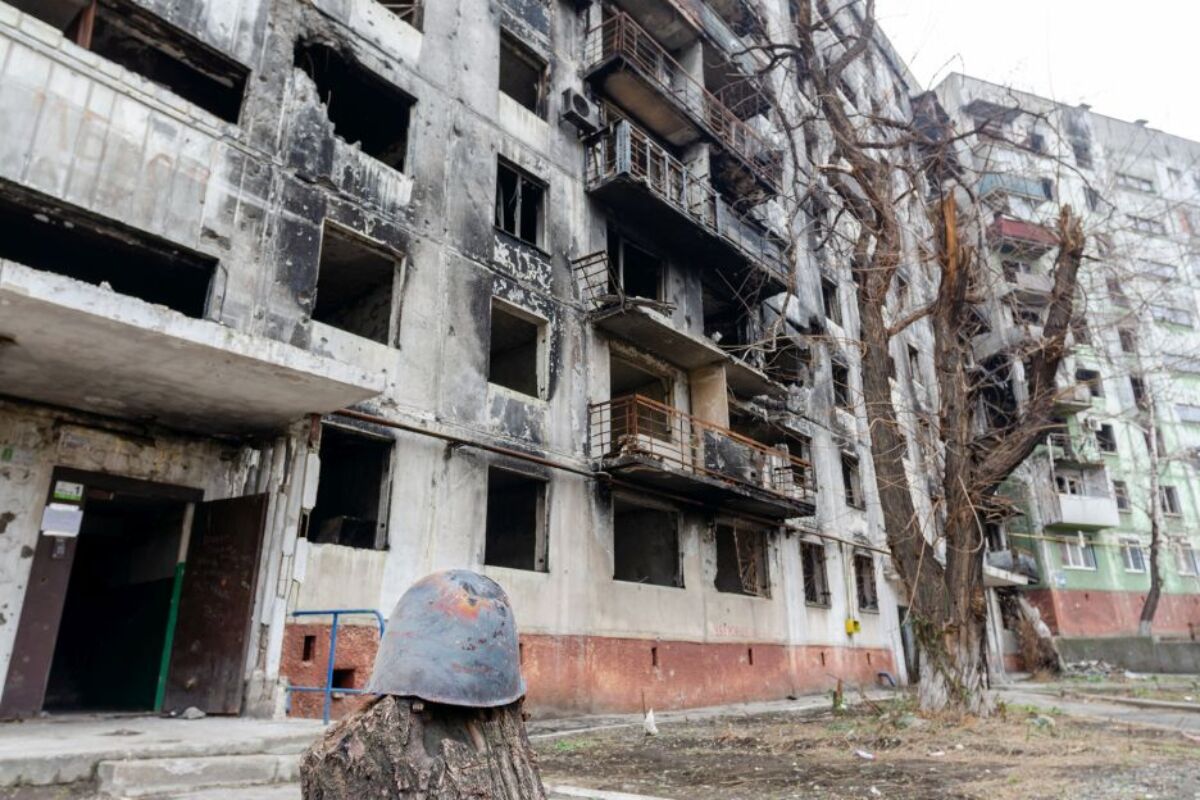The popular protests in Algeria are, once again, a powerful reminder that the EU’s quiet endorsement of authoritarian regimes, for the sake of regional stability, will not prevent the people in the Southern Neighbourhood from voicing legitimate demands for social justice and democratic representation. Finding new, non-paternalistic ways to support and engage with grassroots movements and local civil society, rather than with the oppressive elites in power, is the only approach that can meet local calls for dignity while securing the EU’s long-term interests in stability in its neighbourhood.
Lessons learned from the Arab uprisings
Up until 2011, the EU lauded Ben Ali’s Tunisia for its successful model of market reforms, despite the fact that it caused rampant socio-economic inequality in Tunisian society and notwithstanding an otherwise grim human rights record. In the absence of political reforms, the EU also supported Mubarak’s economic liberalisation process in Egypt, even though this process fostered and sustained a predatory authoritarian regime. With Ghaddafi’s Libya, an unruly republic with a tragic record of human rights violations, the EU co-operated with financial assistance and technical support to curb unwanted migration to Europe. All these regimes, unable to live up to their side of the social contract, were eventually toppled after popular protests. As a consequence, Štefan Füle, at the time European Commissioner for Enlargement and Neighbourhood Policy, voiced a mea culpa for Europe’s history of backing oppressive regimes and the EU decided to revise its neighbourhood policy (ENP) in May 2011 in order to offer ambitious support for ‘deep democracy’.
However, while calls for social justice and dignity rang loud and clear in the EU’s Southern Neighbourhood during the 2011 ‘Arab Uprisings’, initial optimism in most Arab countries was quickly tainted by a return to authoritarian rule (Egypt), civil wars (Libya, Syria) and/or waves of terrorist attacks (Tunisia). These shifting realities in the Southern Neighbourhood were reflected in the less idealistic 2015 revision of the ENP, which identified ‘stabilisation’ as its main political priority. A quest for regional stability also underpinned the pragmatic turn of the EU’s Global Strategy of 2016 and its emphasis on ‘state and societal resilience’ in the Union’s Southern and Eastern periphery.
As a result, despite some initial policy changes on paper, the EU’s approach to its Southern Neighbourhood has undergone no substantial changes since 2011. Very much in line with pre-2011 times, the EU is trying to maximise its own security, migration and economic interests, even if this means supporting the status quo of repressive regimes in the region. The EU’s recent migration deals with authoritarian North African countries are probably the most poignant example of this. Moreover, the EU continues to pay insufficient attention to how its proposed economic reforms may increase inequality, failing to recognise how crucial social policy, and by extension social justice, is to stability and security. This is illustrated, for example, by Tunisian and Moroccan civil society opposition to the ongoing DCFTA negotiations. Indeed, if anything else, the EU’s unaltered post-2011 approach has left local civil society feeling increasingly abandoned and disillusioned by an actor that has always claimed to be an ally.
Lessons learned from Algeria’s history
While endorsing, cooperating or turning a blind eye to authoritarian regimes and their self-serving and violent practices may contribute to a sense of short-term stability and security, it is hardly sustainable. In the long term, repressive states are inherently fragile. Algeria’s history provides a telling example: despite years of brutal colonial subjugation, the failed riots of October 1988 and a bloody civil war, its people have once again taken to the streets with calls for social justice and popular representation.
Indeed, rather than being late to the ‘Arab Spring’, Algeria had already experienced a major popular uprising in the late eighties, when massive protests and riots against unemployment and price hikes led to a cautious democratic opening. Once it became clear that the Islamist FIS was bound to win the elections, the Algerian military staged a coup d’état, not only ending Algeria’s democratic momentum in 1992, but also unleashing a horrendous civil war that lasted until 2002.
For many years, the painful memory of this civil war prevented Algerians from denouncing a Mafiosi-style political elite that has failed to meet the aspirations of a very young and often unemployed population. Especially since the 2014 oil price drop, Algeria’s one-trick oil and gas economy, undermined by cronyism and rampant corruption, has proved to be no longer sustainable. As the ageing and corrupt political elite was unable to diversify the country’s economy away from hydrocarbons, the cracks in the country’s social contract became more and more apparent, with smaller-scale socio-economic protest on the rise in recent years.
However, it was only when a largely incapacitated President Bouteflika decided to run for a fifth term, despite not having publicly addressed the nation in five years, that Algerians reclaimed their dignity en masse. By staging surprisingly peaceful and mature protests, Algerians have been successful in forcing Bouteflika and Tayeb Belaiz, the president of the Constitutional Council, to step down, and others may follow suit. If Algerian history is anything to go by, then the question is not if, but when, Egyptians, Syrians, Moroccans or other southern Mediterranean neighbours will rise up again to challenge their socio-economic hardships and the oppressive and corrupt rulers responsible for it.
Towards a local partnership of equals
Lessons learned from both the Arab uprisings and Algeria’s distinct history highlight that support for a repressive and corrupt status-quo putting the burden for economic reforms on an already struggling population will not lead to long-term stability. This can only be brought about through true local ownership of the necessary political and economic reforms. A non-condescending partnership of equals, in which no foreign narrative like Western democracy or a neoliberal economic agenda is being imposed, is the only way forward. Bearing in mind their colonial legacy, Algerian protestors have made it very clear that they do not wish any foreign intervention in helping them achieve their objectives.
In order to facilitate such a partnership of equals in its Southern Neighbourhood, the EU will need to find new ways to engage with the local level beyond its usual dealings with national political elites. The recently adopted European Parliament resolution on the “post-Arab Spring: way forward for the MENA region”, which insists on more advanced involvement of local civil society organisations (CSOs) via increased financial support and regular consultations, is a good first step. However, in times of rising repression, conflict dynamics and authoritarian legacies in the region, the EU’s cooperation with these actors will need to be adapted and flexible enough, as the local level will not necessarily consist of sufficiently well institutionalised and formalised structures such as NGOs or CSOs.
Nonetheless, despite their non-institutionalised and often leaderless nature, local social movements and local civil society are key drivers behind the necessary reforms that are a precondition for security and stability in the EU neighbourhood. Without romanticising their presence and while being aware that these actors also reflect the fault lines and divisions in society, they are indispensable anchors to make sure that any reform is locally supported and owned. If the EU wishes to create stability in its neighbourhood, while respecting urgent local calls for social justice, supporting this local level in negotiating new social contracts and political systems in the region will be key. Above all, the experience of Algeria shows that this is the only road to sustainable, rather than short-lived, stability in the EU’s Southern Neighbourhood.



